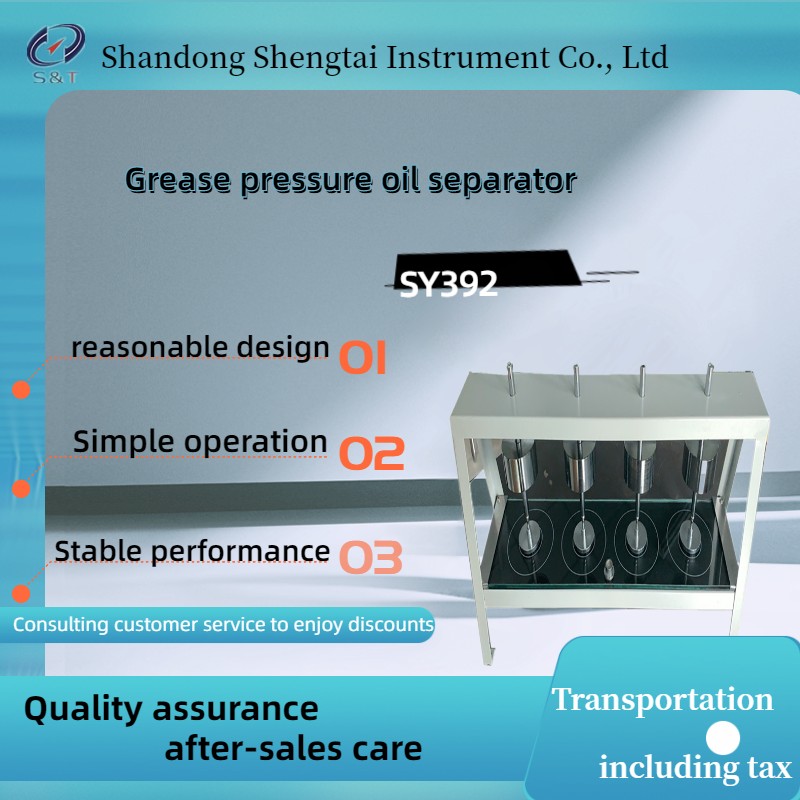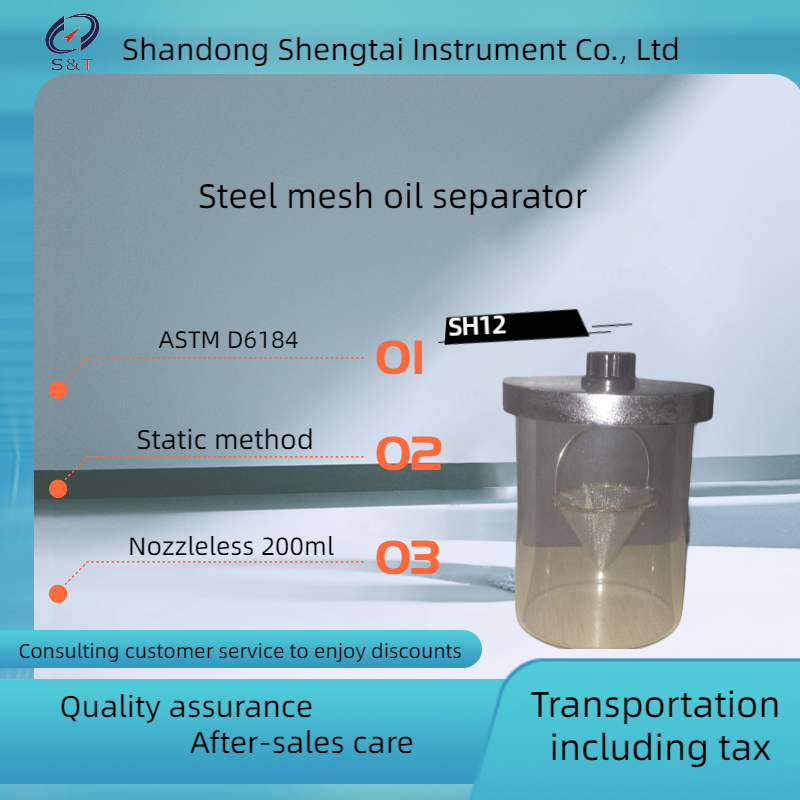The colloid stability of lubricating grease refers to the ability of lubricating grease to avoid colloid decomposition and prevent the precipitation of liquid lubricating oil during storage and use, which is the stability of the combination of lubricating oil and thickener
Colloidal stability (oil precipitation) refers to the ability of a lubricating grease to retain oil in its thickener framework under external forces. The colloidal stability of lubricating grease reflects the oil trend during long-term storage and practical application. If the colloidal stability of lubricating grease is poor, it is prone to severe oil separation under the action of heat, pressure, centrifugal force, etc., leading to a rapid decrease in lifespan and causing the lubricating grease to thicken and dry, losing its lubrication effect.
The determination of the colloidal qualitative energy of lubricating grease can be approached from two aspects:
Normal temperature pressure oil separation and high-temperature steel mesh oil separation of lubricating grease

1. Pressure oil separation: The amount of base oil precipitated by lubricating grease at a certain pressure and time at room temperature of 15-25 ℃, in w/w%; Used to reflect the colloidal stability of lubricating grease under room temperature conditions;

2. High temperature steel mesh oil separation: Under the condition of 100 ℃, maintain for a certain period of time (30 hours), the mass fraction of the base oil amount pressed out by the lubricating grease based on its own weight, unit: w/w%; Research has shown that the poor colloidal stability of lubricating grease under high temperature conditions can lead to oil loss during operation, thereby affecting the operating life of bearings.



